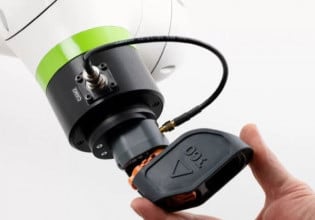D
Hi
Today in our site we adjust the accumulator pressure to 52bar. (GE frame 5).
as I know hydraulic pressure is almost 90bar and 63HQ act in almost 75bar so how 52bar pressure of accumulator in hydraulic oil path can compensate transient fluctuations in circuit?
Today in our site we adjust the accumulator pressure to 52bar. (GE frame 5).
as I know hydraulic pressure is almost 90bar and 63HQ act in almost 75bar so how 52bar pressure of accumulator in hydraulic oil path can compensate transient fluctuations in circuit?






